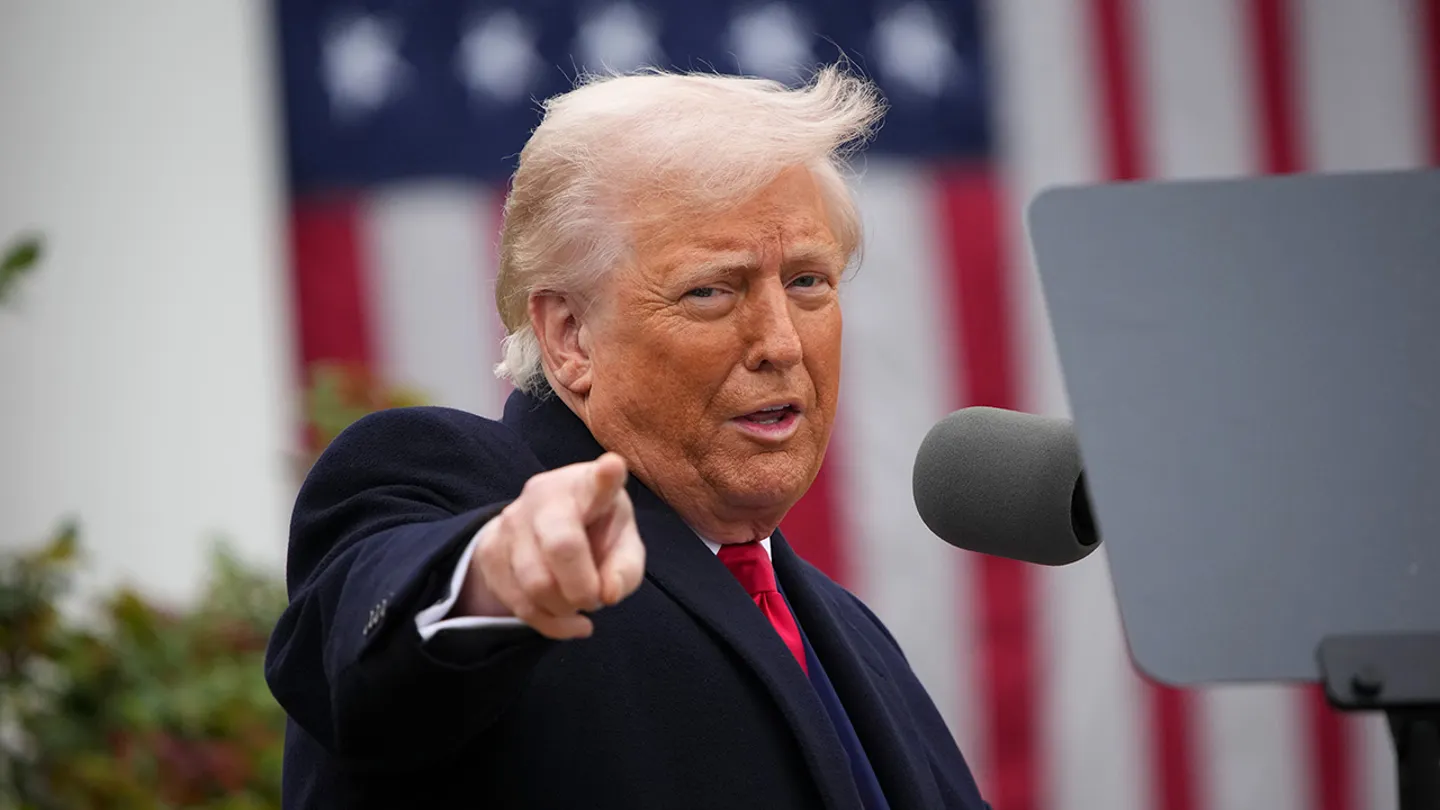A significant downturn has hit the stock market as tensions escalate in the trade standoff fueled by President Donald Trump’s sweeping tariffs. The latest measures, which mark a significant ramp-up in the U.S. administration’s efforts to correct what it perceives as unfair trade practices, have sent shockwaves through global markets and have investors on edge about potential long-term economic repercussions.
This trade war began earlier in President Trump’s term when he first proposed and subsequently implemented tariffs on steel and aluminum imports. The rationale behind the tariffs was to protect U.S. industries from what were deemed unfair overseas competition, particularly from countries like China. However, what started as a targeted strike on specific sectors has now ballooned into a full-fledged trade war, with an ever-growing list of goods affected by the tariffs.
In recent developments, the Trump administration announced a new series of tariffs targeting an additional $200 billion worth of Chinese goods. The affected products range widely, touching various sectors from consumer electronics and furniture to agricultural products. As expected, China responded in kind, proposing tariffs on $60 billion worth of U.S. goods, escalating the tit-for-tat nature of the economic confrontation.
The impact of the escalating trade war was immediately felt in the global stock markets. Major U.S. indices like the Dow Jones Industrial Average, the Nasdaq Composite, and the S&P 500 all tumbled following the announcements, reflecting the nervous sentiments of investors. The apprehension stems from the uncertainty surrounding the trade war’s impact on global economic growth, international supply chains, and inflation.
Economists are particularly concerned about the broader effects of the tariffs on global economic cooperation. Supply chains that have been optimized for decades based on stable trade relations are now facing disruptions that could lead to decreased efficiency and increased costs. These challenges are not just limited to the companies directly involved in import and export but also affect secondary businesses that rely on stable pricing and availability of goods.
Moreover, there is the threat of inflationary pressures as tariffs might lead to increased costs for manufacturers which will ultimately be passed on to consumers. This price increase can reduce overall consumption and slow down economic growth. As consumer prices rise, central banks might be compelled to adjust monetary policies, potentially leading to higher interest rates which could further strain economic growth.
On the political front, the trade war poses risks to international relations, particularly between the U.S. and China, two of the world’s largest economies. There’s a danger that what began as a trade dispute could spill over into other aspects of bilateral relations, affecting not only economic but also diplomatic ties.
Business leaders have expressed concern over the unpredictability of trade policies. The uncertainty makes it difficult for companies to plan long-term investments and can lead to a pullback in capital expenditures, which are crucial for sustained economic growth. The tech sector, in particular, has voiced anxieties as these companies stand to be significantly affected by tariffs on Chinese-produced electronics components, crucial to the industry.
Reaction from the global community has varied. While some nations view these tariffs as necessary steps to protect domestic industries, others see them as an undermining of the free trade principles that have governed international economic relations in the post-World War II era.
As nations brace themselves for potential further escalations, the international community remains poised for any signs of a resolution or a deeper entrenchment of trade barriers. What’s clear is that the path forward is uncertain, and the stakes for the global economy are enormous. Investors, policy makers, and business leaders around the world are closely monitoring the situation, hoping for a resolution that stabilizes markets and promotes open trade. Meanwhile, the impact of this trade war continues to unfold, shaping the global economic landscape in profound ways.










